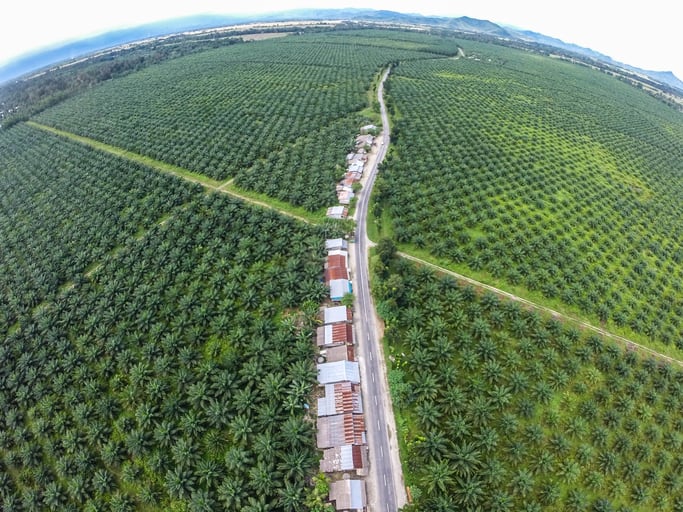A quick recap. On November 15, new principles and criteria (P&C) were agreed by the RSPO. These are the environmental and social requirements palm oil producers must abide by in order to meet the certification standard. Changing them is not for the faint-hearted. But after two 60-day public consultations, 18 face-to-face events in 13 countries, six task force meetings and 11,500 comments, the rules have been strengthened and gaps (some might say loopholes) have been closed.
“Today, we endorsed a universal, transformative, and integrated agenda, intended to strengthen transparency and inclusivity in the RSPO system, increase implementation of the RSPO standards, boost market uptake of sustainable palm oil through shared responsibilities, and create an enabling environment for our shared vision of market transformation,” said RSPO chief executive officer Datuk Darrel Webber.
Notable improvements include new requirements that will see all its members – including the likes of Pepsi, Procter & Gamble, Nestlé and Mondelez, as well as palm oil growers and traders – having to abide by so-called ‘No Deforestation, No Peat, No Exploitation’ (NDPE) standards.
How did the industry react?
Many of the RSPO’s biggest members put on a united show of support. “This addresses key gaps [in RSPO certification standards] that we have been calling out,” said Benjamin Ware, global head of responsible sourcing at Nestlé. “We have focussed on collaborative action with other likeminded organisations to get 20% of global production to a sustainable place,” wrote Louis Nicholls, corporate head of human rights, food sustainability and food packaging at Marks and Spencer in a blog. “We will continue to champion improvements with the RSPO.”
Indeed, the RSPO was left in no doubt that the momentum needs to be maintained. Nicholls said progress, on a global scale, remains “too slow”, whilst Ware said additional challenges, including the adoption of an approach to prevent deforestation in high forest cover landscapes and a simplified standard for smallholder farmers, still need to be addressed.
Under pressure.
It’s no secret that the RSPO model is facing intense scrutiny. A number of investigations by NGOs have found the scheme wanting. A 2015 investigation by the Environmental Investigation Agency found certified economic operators committing systemic and serious breaches of RSPO principles, for example. This year, EIA referred to the standards update as “do or die time” for the RSPO. It might not be an exaggeration, as doubts mount.
Research earlier this year claimed that there is “no significant difference” between Certified Sustainable Palm Oil (CSPO) and non-certified when it comes to environmental protection. “Certification is good in theory and RSPO is the best vehicle currently available to improve the sustainability of the palm oil industry, but there is significant room for improvement,” one of the authors said.
And an analysis of sustainability schemes including RSPO, published this year by Changing Markets, concluded that they have “provided cover for companies that are destroying the environment”. The authors said that none of the palm oil schemes they assessed have been effective at slowing down deforestation.
Do or die time.
As Robin Averbeck, agribusiness campaign director at Rainforest Action Network noted this week: “The RSPO is running out of time to gain credibility in the marketplace.” The new P&C announced last week offers the RSPO some breathing space, but not much. “The RSPO’s vote to adopt NDPE standards is a huge win for people power,” said Fatah Sadaoui, campaigns manager at SumOfUs.
“But actions will speak louder than words. The RSPO has been lax in enforcing its own rules in the past, and this vote will only make a difference if the RSPO is proactive about punishing rogue actors.” David Edwards, director of food strategy at WWF, added: “The challenge now is to ensure palm oil suppliers are held to these new standards and that the companies that make and sell products containing palm oil commit to support them.”
If this doesn’t happen the whole thing could unravel – and very quickly. Some mainstream newspapers in the UK are already running “how to avoid palm oil” style articles as the idea of boycotts gains traction (thanks in no small part to frozen foods retailer Iceland).
This could have serious environmental and social implications, but some commentators are already wondering if palm oil could be the new plastic. “A ban on palm oil in products might be a controversial measure, but it is one which consumers can easily understand,” wrote one. Agreeing the new standards might have been tough, but there’s every chance the hard work has only just begun.




